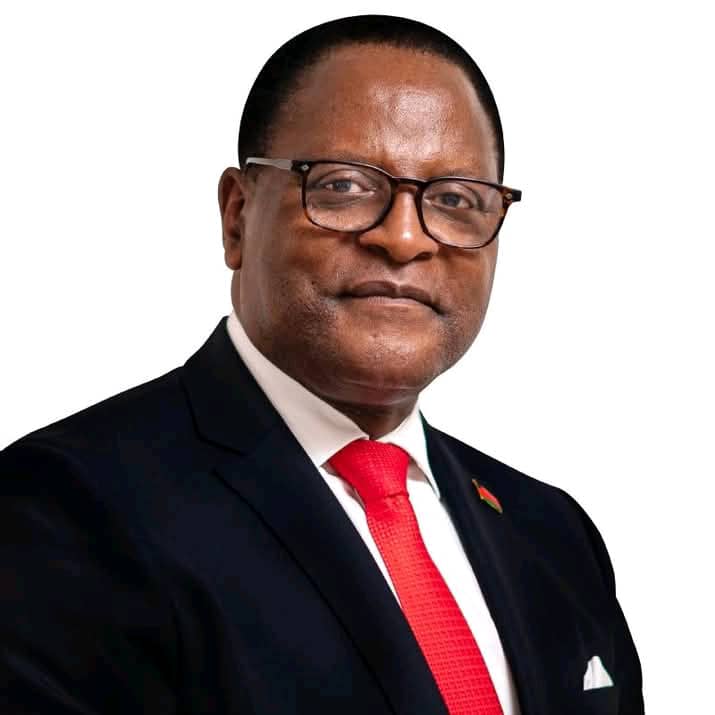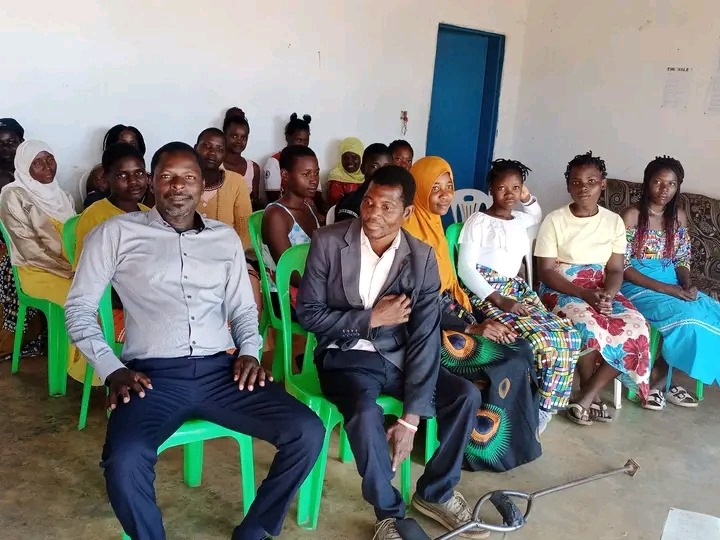By Burnett Munthali
The Shire Times article titled “Why Chakwera Will Win — And Others Will Cry” reads like a cheerleader’s chant rather than a sober political analysis. While political support is welcome in a democratic space, commentary that borders on blind praise is not only misleading but also dangerous in a fragile democracy like Malawi’s.
It is misleading to claim that Dr. Lazarus Chakwera has solved the fuel crisis in Malawi. The current fuel stability is a temporary outcome of international deals that remain opaque and raise questions about long-term sustainability and debt obligations. What Malawi needs is a clear energy policy with local resilience, not dependency on external arrangements that may not last beyond the election.
The idea that cheaper fuel will magically reduce the cost of goods is overly simplistic. Malawi’s inflation is driven by multiple structural weaknesses — including a weak kwacha, poor agricultural output, and fiscal indiscipline. Fuel might be one input, but it does not operate in isolation. A slight dip in pump prices is not a panacea for an economy in distress.
Comparing MCP to Big Bullets FC is a clever metaphor, but football is not governance. Football is about goals; governance is about people’s lives, jobs, hospitals, education, and food security. Many Malawians are still going to bed hungry, and unemployment is at an all-time high — these are not signs of a government that is ‘playing to win.’
Portraying DPP and Peter Mutharika as finished solely based on age is both ageist and intellectually lazy. In politics, age can be an asset or liability, but what matters most is the agenda, the vision, and the ability to inspire hope. Many voters remember that under Mutharika, inflation was lower, foreign exchange reserves were healthier, and the economy was more stable. That history cannot be wiped away by mockery.
It is disingenuous to dismiss UTM as a “football team from Songwe Border.” The party, even in the absence of the late Dr. Saulos Chilima, commands a loyal and youthful base that is disillusioned by both MCP and DPP. To belittle UTM’s impact is to ignore the broader yearning for new politics that neither MCP nor DPP has fully delivered.
Moreover, politics is dynamic. Alliances can shift. Candidates can emerge. Sentiments can change overnight. Predicting the 2025 election outcome as if the ballots have already been cast is arrogant and premature. Voters will decide, not columnists or propagandists.
Yes, the MCP has a head start, but that should not blind anyone to the deep cracks forming in its governance record — ranging from unfulfilled promises, corruption scandals, delayed reforms, and rising discontent among civil servants and the youth.
A wise nation crowns the rooster that feeds the whole village, not just the one that wakes it up. Dr. Chakwera may crow loudly now, but unless he delivers lasting change, his wake-up call may become a lullaby of disappointment.
In the end, it is not about who cries or laughs — it is about who serves. Malawians must look beyond flashy campaigns and slogans. They must choose based on vision, integrity, and the ability to unite and develop the country.



